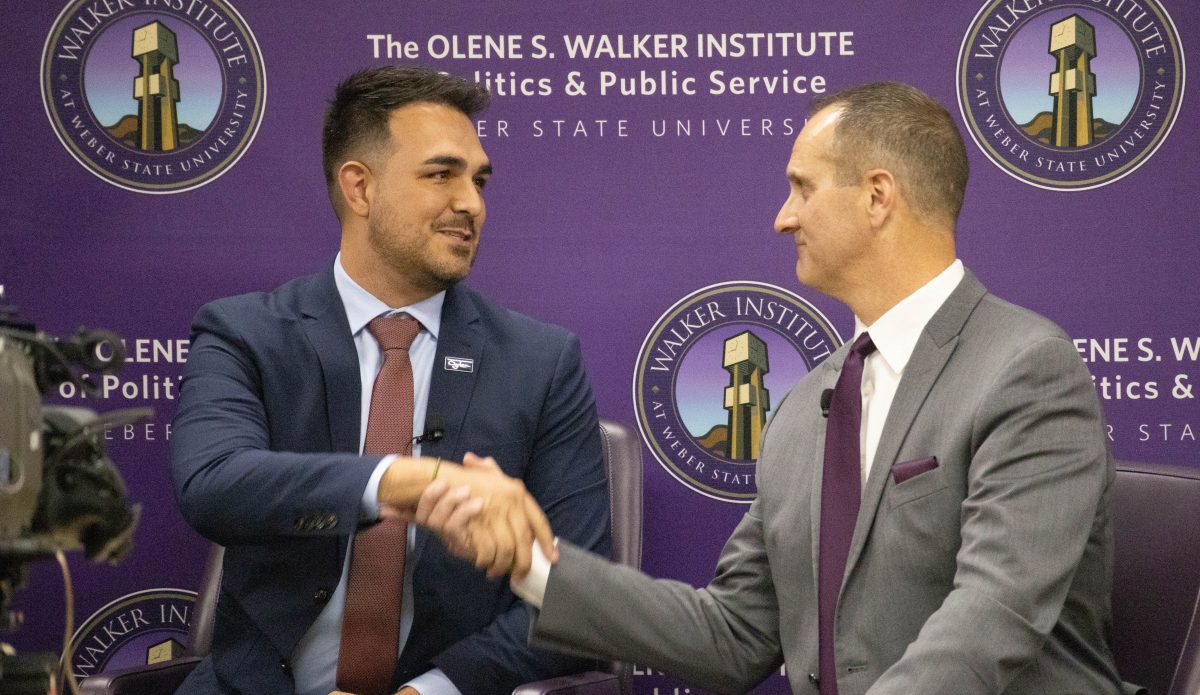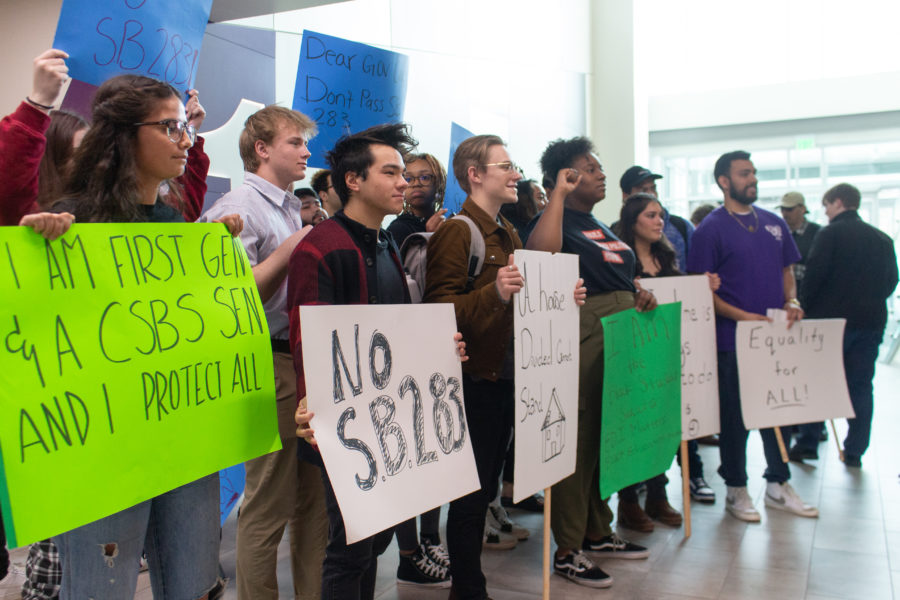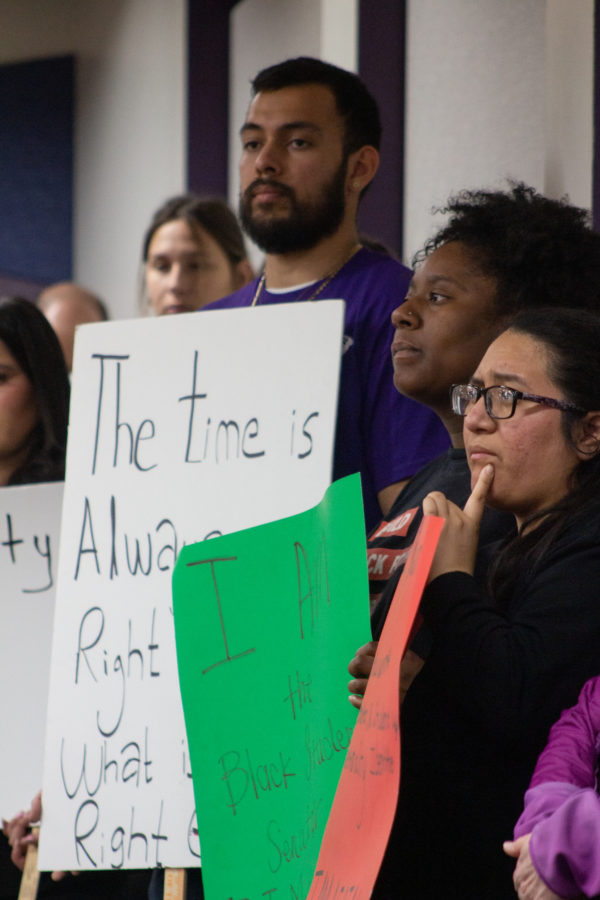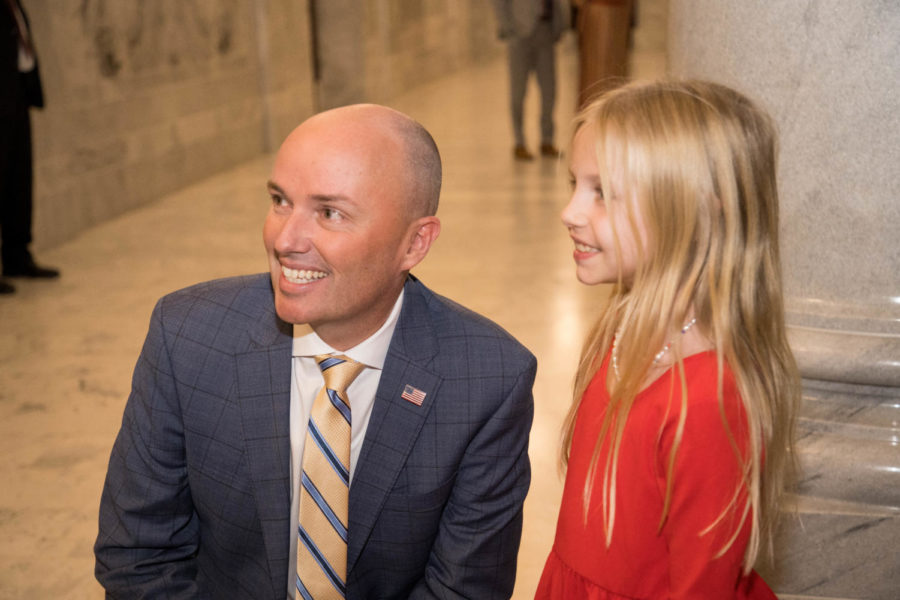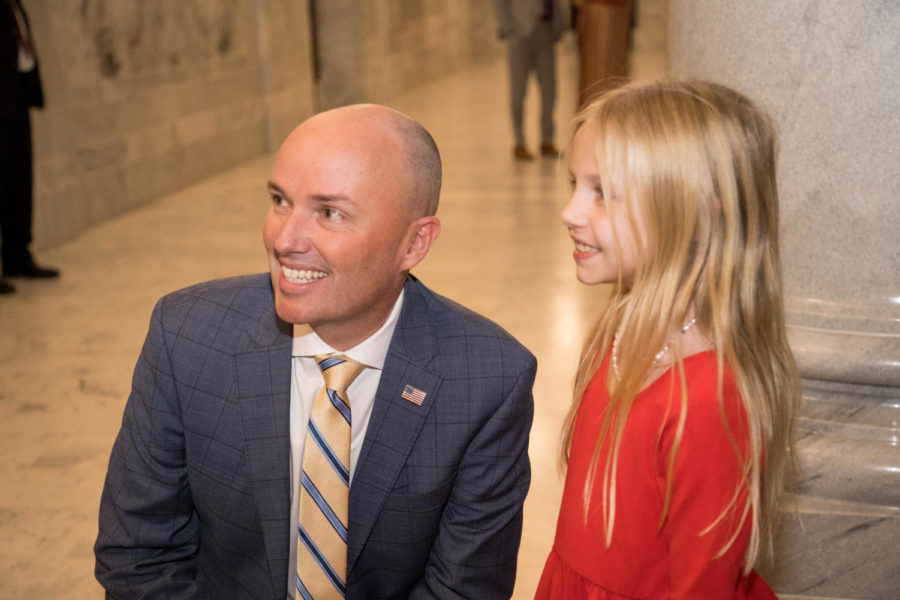
The Utah State Legislative session is over, resulting in a thinner year for Weber State University.
WSU President Chuck Wight presented a recap of the session in the Wattis Building Monday afternoon. While he said this session did not see as much money come from the Legislature as last year, when WSU got its new science building, he said that it wasn’t a total loss.
The Utah State Higher Education budget is based on performance funding, where schools are funded based on metrics. Wight says while there are defined metrics such as degrees given and outreach to underserved populations, it’s hard to pin down what metrics the funding is based on. Wight said WSU usually gets about 10 to 12 percent of the pot.
After getting approval for the new science building last year, Wight said the next major building project on WSU’s priority list is the renovation of the social science building. Wight said he hopes it gets funded in next year’s legislative session.
One of the big hangups could be the pending relocation of the state prison, Wight said. A new prison is scheduled to be built in the next five years, which could tie up state building funds. Lawmakers decided to move the prison from its current location at Point of the Mountain in Draper to a yet-to-be-determined location.
“It’s going be difficult to get anything built,” Wight said, adding that the prison project will take a lot of the state’s building fund.
WSU was able to get $1 million for new seats at the Val Browning Center. The Legislature is one of three sources of funding WSU sought to put in new seats in the Austad Auditorium. The school also plans to use private donations and the newly passed RAMP funds to put in the new seats.
Besides funding controlled by the Legislature, Wight mentioned specific bills that would affect WSU.
One, sponsored by former WSU President Sen. Ann Millner, R-Ogden, would provide incentives for college-bound high school students to get their math done in high school.
Rather than require a fourth year of math, the bill provides several pathways for a student to get through a Math 1050 equivalent while in high school. The bill sets aside money to increase concurrent enrollment classes where high school students take college-level classes in high school for college credit. The bill is also aimed at reducing the burden on the developmental math program.
Sen. Howard Stephenson, R-Draper, said that Millner’s bill was more of a surgical approach to the problem rather than the “blunt hammer” of the fourth year in math.
Wight also said an increase in the gas tax passed this session would indirectly help the university. Transportation and higher education have traditionally shared funds, so if there was more money in the pot, education could get more in the future.









